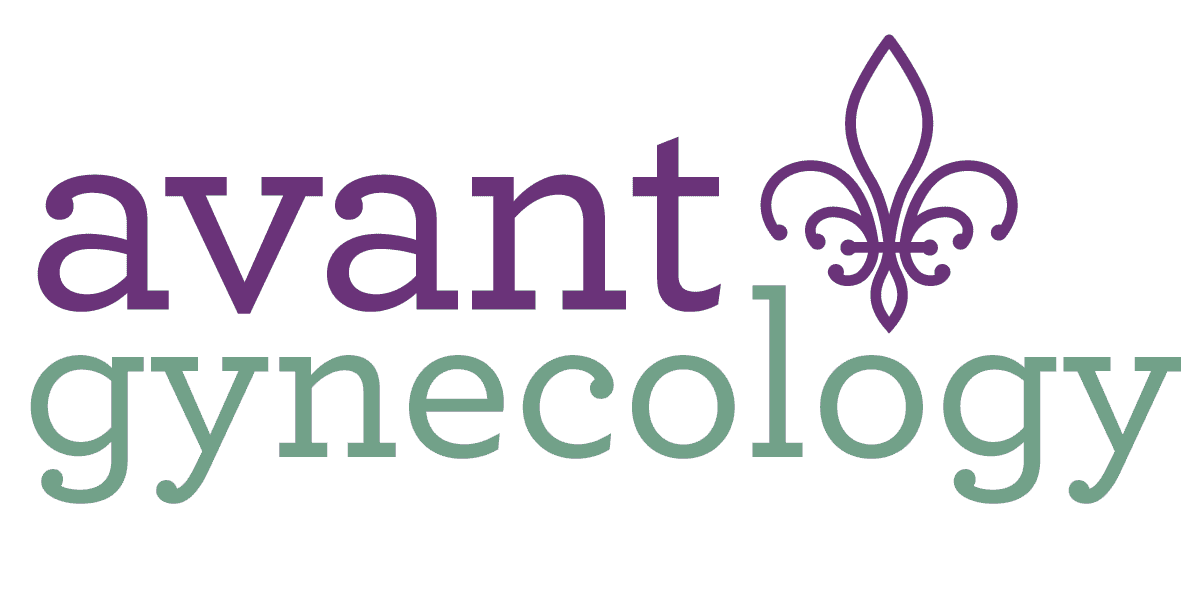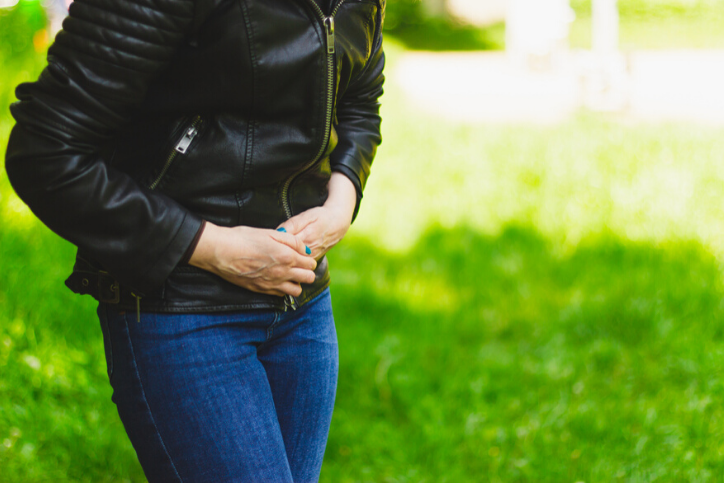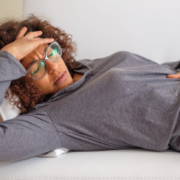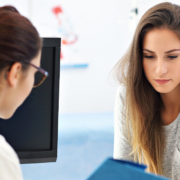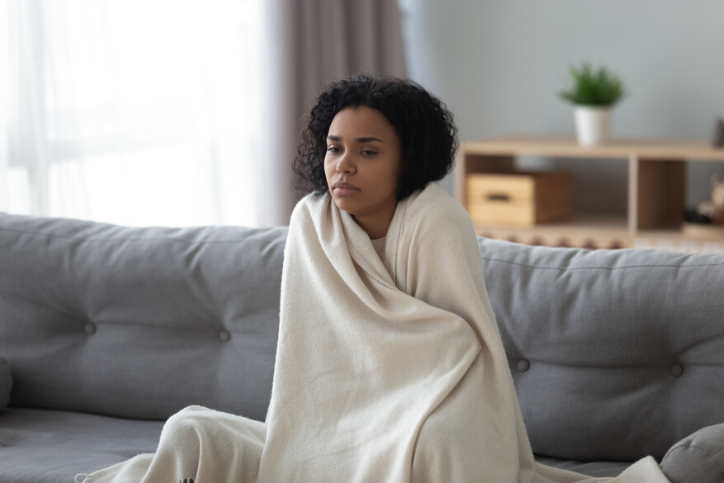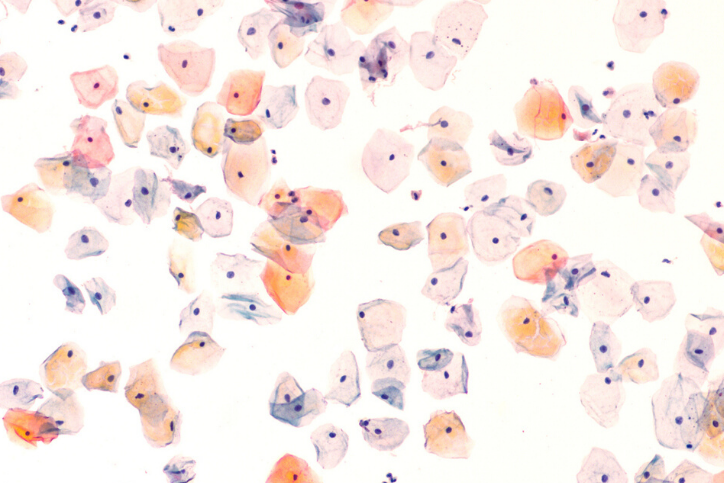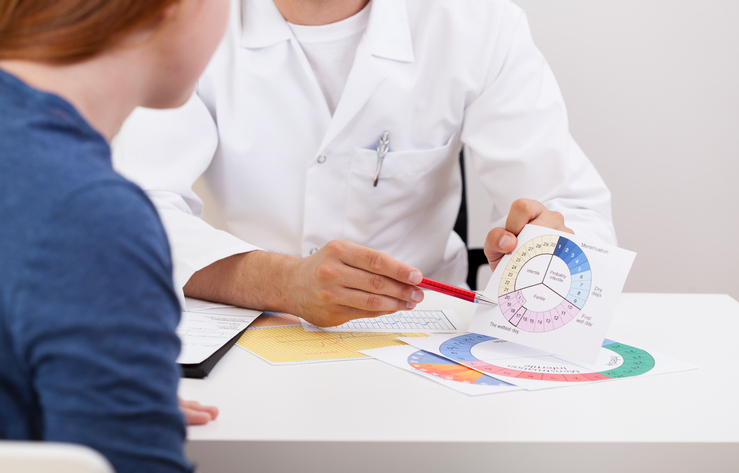Can’t Hold It In? What Your Overactive Bladder Could Mean
The sudden need to use the restroom is a common experience among women. This issue, called overactive bladder (OAB), happens to about 17% of women over the age of 18. That’s millions of women feeling like they can’t hold it in, regularly having accidents, or being ruled by proximity to the closest bathroom.
But what exactly is OAB? And how can you manage it? Keep reading to learn all about this type of urinary incontinence that affects so many women.
What Causes Overactive Bladder?
OAB happens when the muscles in the bladder contract without intention, even when the amount of urine in your system is small. There are many things that could lead to this happening. While some examples are more common than others, here is a list of many causes that can lead to overactive bladder:
- Urinary tract infections
- Tumors or bladder stones
- Certain medications
- Inability to empty the bladder completely
- Obstructed bladder
- Inability to walk fully or troubles with using the restroom yourself
- Large consumption of caffeine and/or alcohol
- Declining cognitive function
- Diabetes
- Neurological disorders
Who Is At Risk for Overactive Bladder?
There are several things that can lead women being at risk for OAB. Those are:
- Overweight
- Multiple pregnancies
- Genetic diseases like diabetes
- Illnesses such as Alzheimer’s disease
- Advanced age
- Bowel control issues
However, just like with many medical diseases, healthy habits can keep OAB at bay. Here are some habits you can pick up today to lower your risk, especially if you have any of the conditions above:
- Limit caffeine and alcohol
- No smoking
- Perform strengthening kegel exercises
- Manage illnesses that might make OAB more commonplace, such as diabetes
- Have a healthy weight
- Eat a nutritious diet
- Maintain regular exercise
If you have any more questions about overactive bladder, the experts at Avant Gynecology are here to help. Give us a call at 404-352-2850 or click here to schedule an appointment.
